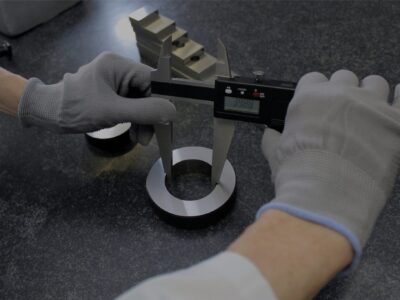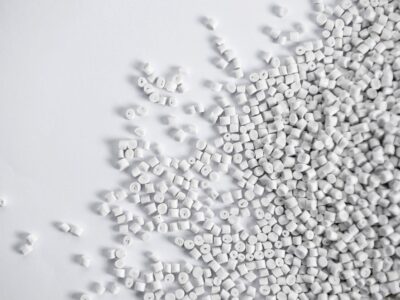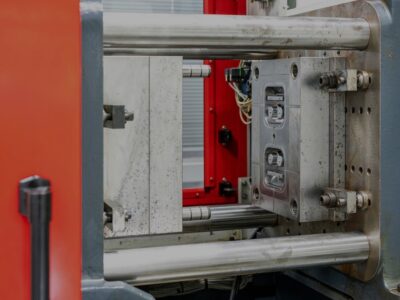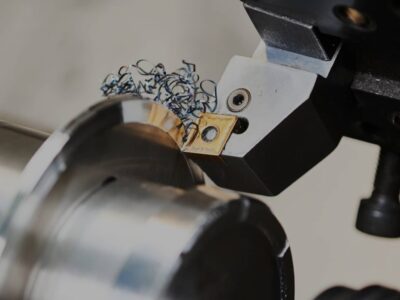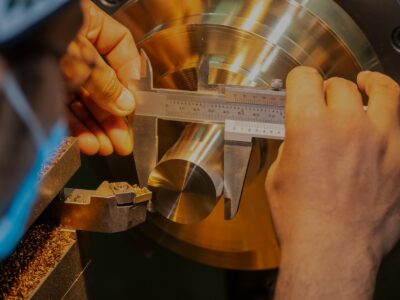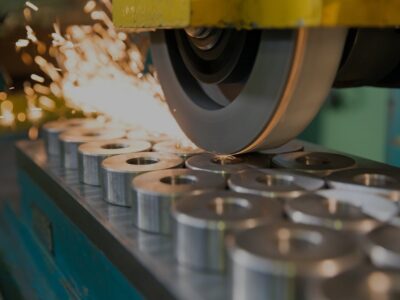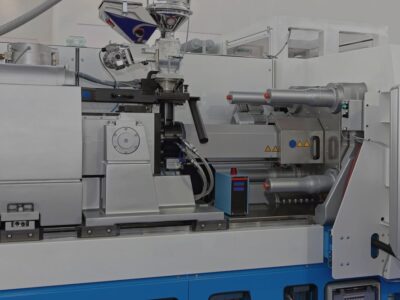Originally published on fastradius.com on June 19, 2020
During periods of peak demand, manufacturers can produce thousands — if not millions — of parts per week. This is made possible by manufacturing processes that can be automated, requiring minimal worker oversight.
Many manufacturing processes — like CNC machining and injection molding — rely on machinery, molds, and tooling that can wear down with use. This can result in problematic physical differences in parts, such as unacceptable tolerances and other inaccuracies, that can render them nonfunctional, present quality issues, and even impede regulatory compliance, depending on the severity and nature of the inconsistency.
Leveraging metrology best practices can help manufacturers mitigate such risks and guarantee consistent part quality.
What is Metrology?
Metrology, in its broadest definition, is the science of measurement. In the context of modern manufacturing, metrology refers to quality assurance methods used to calibrate the machinery used during production and to measure the resulting parts.
Metrology operates on the principle that every measurement contains a degree of uncertainty. In order to prevent that uncertainty from compounding as operations become more complex, manufacturers must ensure that their machinery is properly calibrated to maintain optimum part accuracy and precision.
Calibrations are fundamental to traceability, or the concept of linking empirical measurements to reference standards. A measurement can be called traceable if it has an unbroken calibration chain going back to a primary standard.
This helps to account for systematic uncertainty and error — which refers to unknown errors present during an instrument’s calibration — while creating a benchmark that can account for random uncertainty and error. Air turbulence, for instance, can create small inaccuracies in laser measurements, and mechanical play may skew measurements. Proper calibration practices help to mitigate these inaccuracies.
Metrology in Manufacturing
Metrology is relevant to part production in two primary ways. Before manufacturing starts, metrological instruments are used to calibrate the machinery and tooling that will be used during production, which helps to ensure accurate and precise parts. Parts that have been optimized for manufacturability will also factor in specific tolerances, so that the anticipated minor variations in exact component size will not affect their final fit or function, which may help mitigate quality risks.
Metrology is also used post-production to verify that the parts meet design specifications and customer expectations. If the measurements don’t match up, it might be a sign that the manufacturing equipment needs to be adjusted or realigned.
As manufacturing technology has become more advanced, so too has the level of quality demanded by product teams. Parts increasingly require levels of surface finish detail, feature resolution, and other material properties that cannot be measured manually. Quality assurance now relies on technology with the ability to make measurements as accurate as a fraction of a degree or a millionth of an inch in variance. For industries that depend on extreme precision — such as the automotive, medical device, and aerospace sectors — measurements of this exactitude are vital for producing superior parts.
The Full-Service Manufacturing Solution
Leveraging advanced metrology tools is essential for product teams seeking to bring reliable, high quality parts to market, and to achieve compliance with critical industry-specific and federal regulations.
Partnering with a manufacturing provider like SyBridge is the easiest way to make sure your parts meet your specifications. Each of our customers receives comprehensive, end-to-end support from our team of talented engineers and project managers. We produce and deliver superior quality parts on time and at competitive prices. Contact us today to get started.
